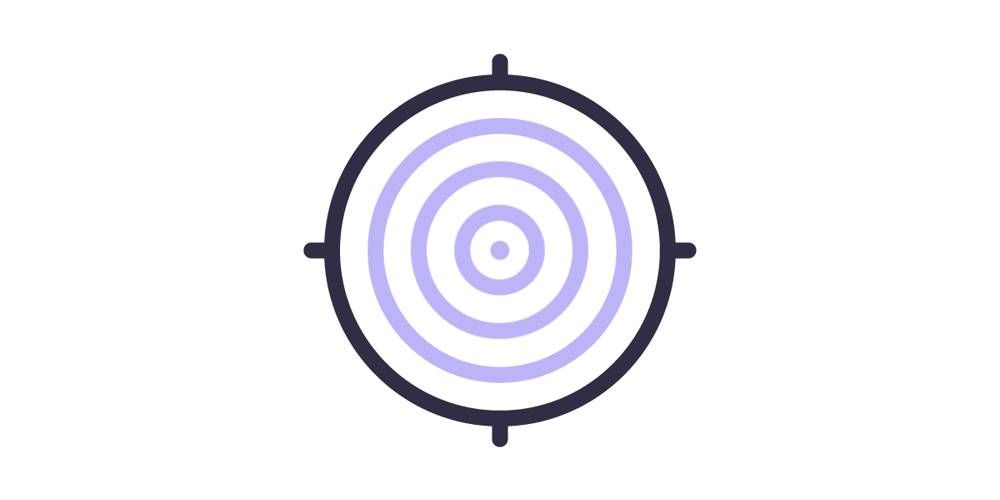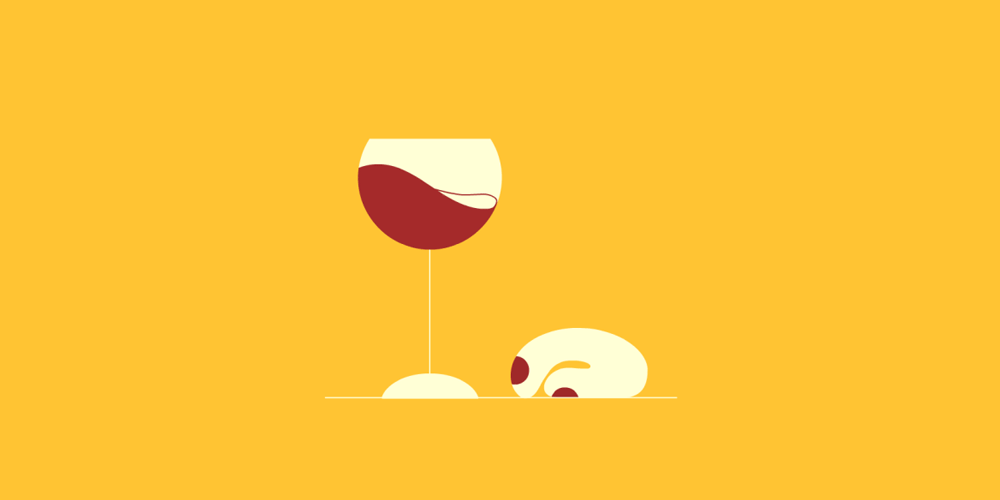
12217 views
by Dr.Meghna varma
Alcohol: Breaking the Shackles of Addiction
Contrary to what most people believe, addiction is not an indulgence, a habit or a choice. Alcohol, or any other addiction is a medical disorder. Nobody chooses or plans on becoming an addict. In fact most people do not even realise that they are addicted until they try to quit.
The compulsive use of alcohol can turn into a life threatening illness. The alcohol dependency causes self destructive behaviours which eventually result in deterioration of personal & professional relationships. Life soon starts to spiral out of control.
“First you take a drink,
then the drink takes a drink,
then the drink takes you.”
- F Scott Fitzgerald
For some people, these moments of devastation can be a 'wake up call' to get things back in order. Once you realise that your alcohol addiction is taking over your life, you need actively seek out help. There are a lot of people including your friends, family & mental health professionals who can and will help you on your path to sobriety. But it will require you to move beyond your comfort zone, look beyond the stigma & conde in them.
If you are struggling with an addiction, it is best to get help immediately. The longer you postpone it, the more powerful the addiction becomes. If left untreated, it will only be much harder to manage this potentially devastating disease.
Various Therapies can help with Alcohol De-addiction. These include:
Here are a few general tips & tricks that can help you stay sober:
Prepare yourself for Symptoms of WithdrawalDepending on the extent of dependency, you may experience withdrawal symptoms once you quit alcohol. Withdrawal symptoms may last from six months to two years & symptoms may include difculty sleeping, irritability, anxiety or depression.
 Recognise Sings of Relapse
Recognise Sings of Relapse
Relapse may be physical, mental or emotional. Warning Signs include:
- - Returning to addictive thinking patterns
- - Less rational thinking
- Engaging in compulsive behaviours
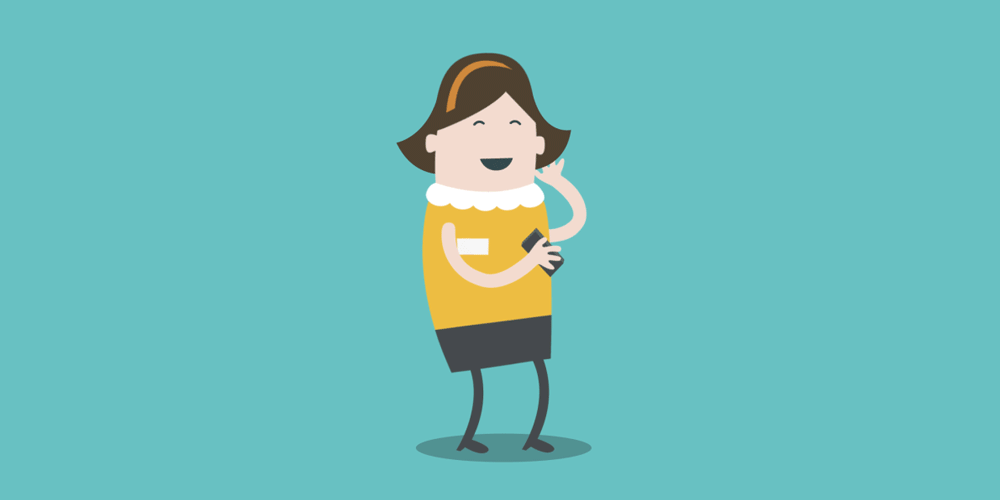 Change your Routine & Avoid Triggers
Change your Routine & Avoid Triggers
When you are trying to quit alcohol, make an effort to avoid people, places & circumstances that make it difcult to quit as they can make you slip back into your old behaviours & habits.
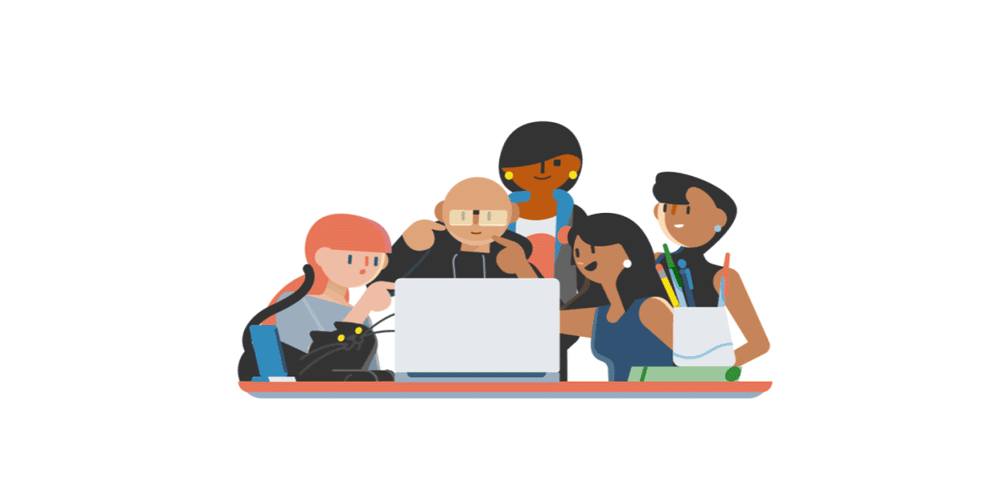 Change your Routine & Avoid Triggers
Change your Routine & Avoid Triggers
Generally, while trying to prevent relapse
people are more concerned about the external
factors such as avoiding place, people &
things. However, certain internal triggers such
as feelings, thoughts or emotions may also
play a vital role. Some of the internal triggers
include:
Stress
- Relationship Issues
- Financial issues
While you are on your way to recovery, start
your journey towards a healthier life:
- Eat Nutritious meals
- Get enough Sleep
- Have an exercise Routine
- Practice Mindfulness
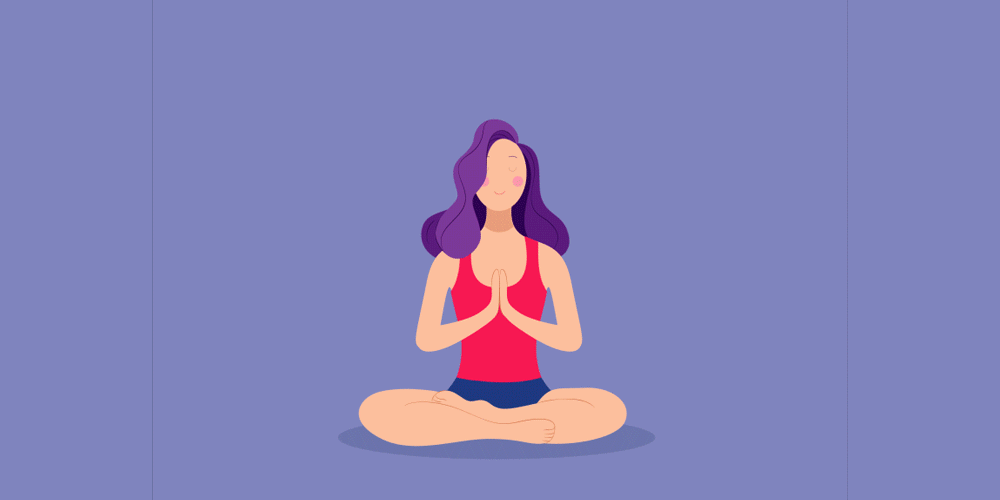
Celebrate Milestones
Acknowledge & celebrate your hard work as it can keep you motivated on your path to sobriety
